15 Favorite and Forbidden Foods for a Healthy Gut
Your gut does more than just digest food—it’s the control center for your immune system, mood, and overall well-being. It’s home to trillions of microbes that can either keep your body running smoothly or wreak havoc on your health. The food you eat plays a major role in shaping this microscopic ecosystem, either feeding the good bacteria that support digestion and immunity or fueling harmful microbes that can lead to bloating, inflammation, and disease. Some foods are like VIP guests for your gut, bringing in beneficial bacteria and nutrients, while others act like unwelcome intruders, disrupting the delicate balance. This list takes a fun, eye-opening look at the 15 best and worst foods for your gut health, alternating between the heroes that nurture your microbiome and the villains that sabotage it. We’re going beyond the obvious, giving you creative, practical, and surprising insights into how you can eat to feel better from the inside out.
#1 Best: Kefir – The Ultimate Gut Superfood
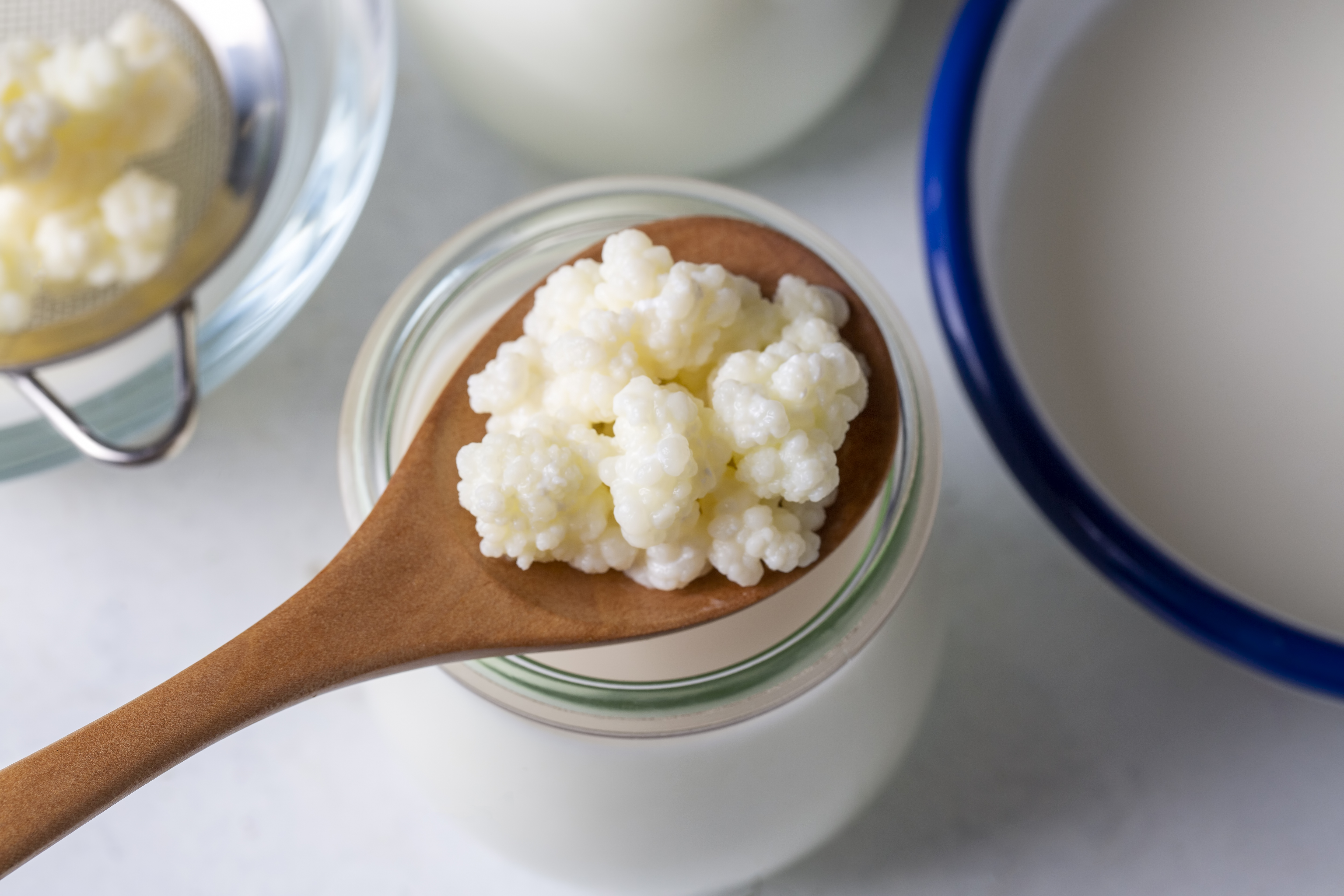
Think of kefir as the overachieving cousin of yogurt. It’s packed with up to 61 strains of probiotics, far more than regular yogurt, making it a powerhouse for gut health. Kefir is fermented milk that’s slightly tangy, bubbly, and easy to digest—even for those who are lactose intolerant. It helps restore gut balance, reduces inflammation, and has even been linked to better mood regulation through the gut-brain connection. Add it to smoothies, pour it over granola, or drink it straight to give your microbiome a probiotic boost.
#2 Worst: Artificial Sweeteners – Fake Friends to Your Gut
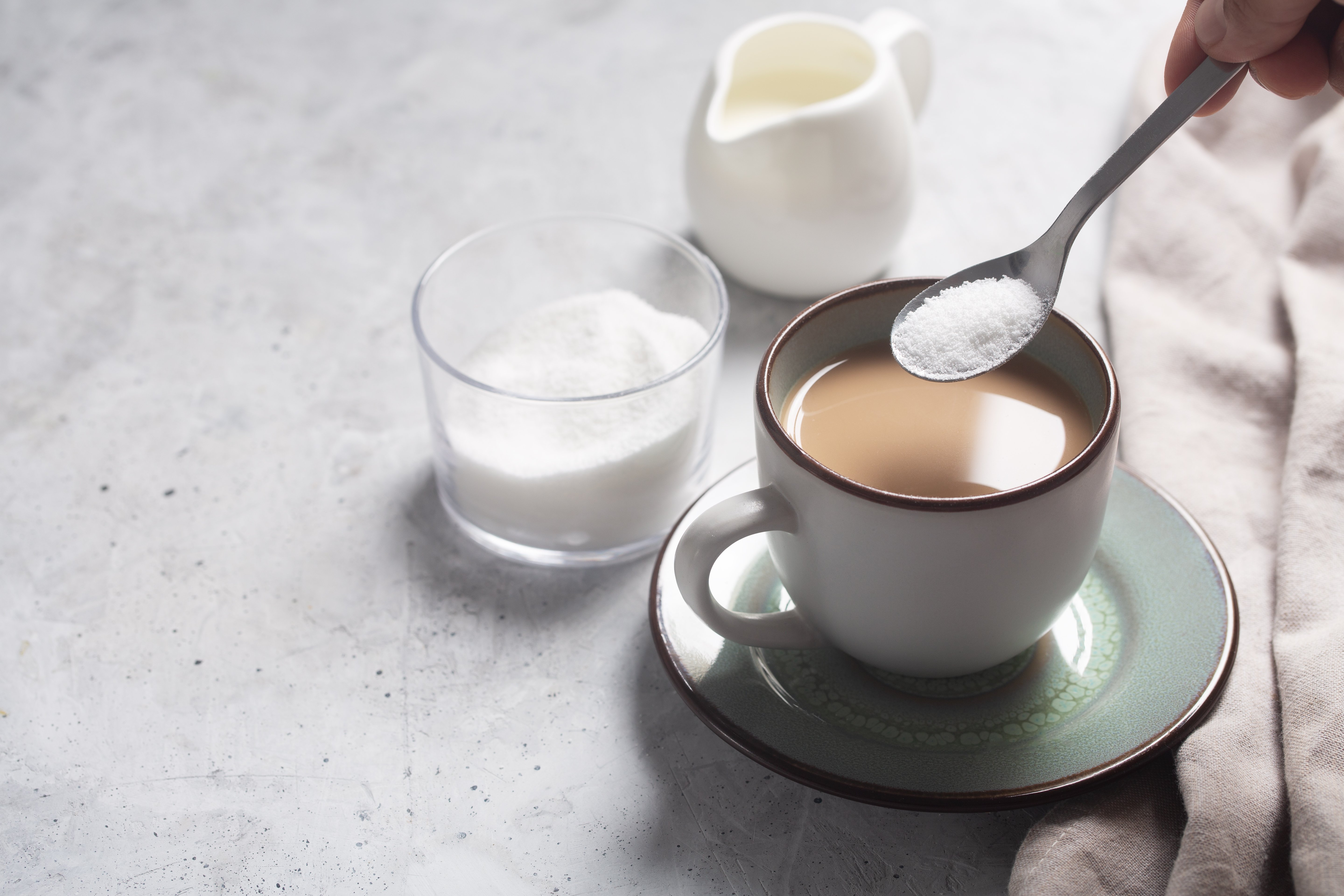
Think swapping sugar for artificial sweeteners is a smart move? Your gut might disagree. Aspartame, sucralose, and saccharin have been shown to alter gut bacteria, reducing the diversity of good microbes and potentially leading to glucose intolerance (which can increase your risk of diabetes). Some studies suggest they even trick your body into craving more sugar. Instead, go for natural sweeteners like raw honey or monk fruit, which can offer sweetness without gut-wrecking side effects.
#3 Best: Sauerkraut – A Gut-Friendly Classic
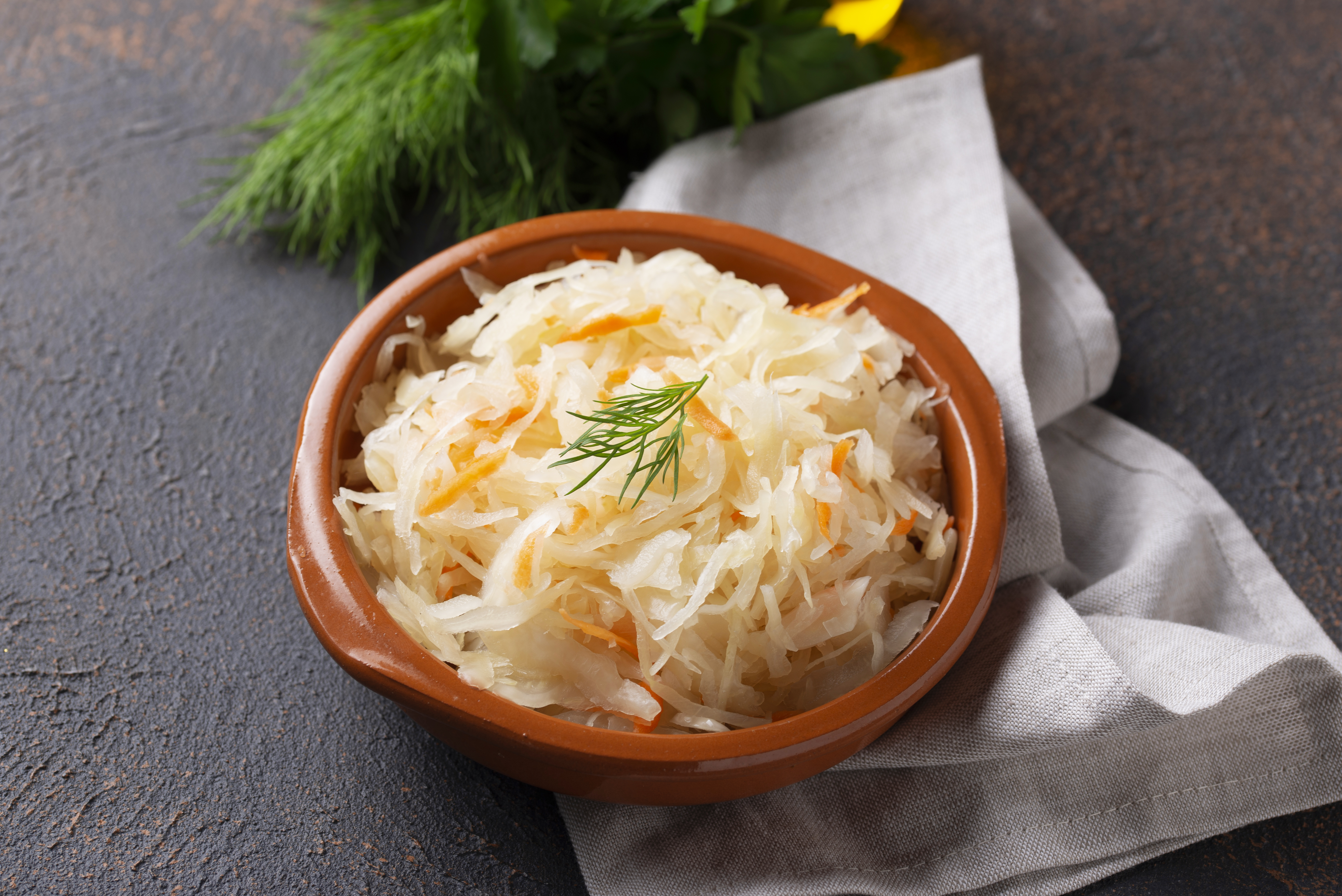
A humble yet powerful fermented food, sauerkraut (fermented cabbage) is bursting with probiotics that support digestion and immune function. It’s also rich in fiber and vitamin C, which help feed good bacteria and improve gut health. Unlike pasteurized sauerkraut found in many grocery stores (which kills beneficial bacteria), opt for raw, unpasteurized versions from the refrigerated section. Add it as a topping for grain bowls, salads, or avocado toast for a tangy, gut-loving crunch.
#4 Worst: Red Meat – Trouble in the Gut
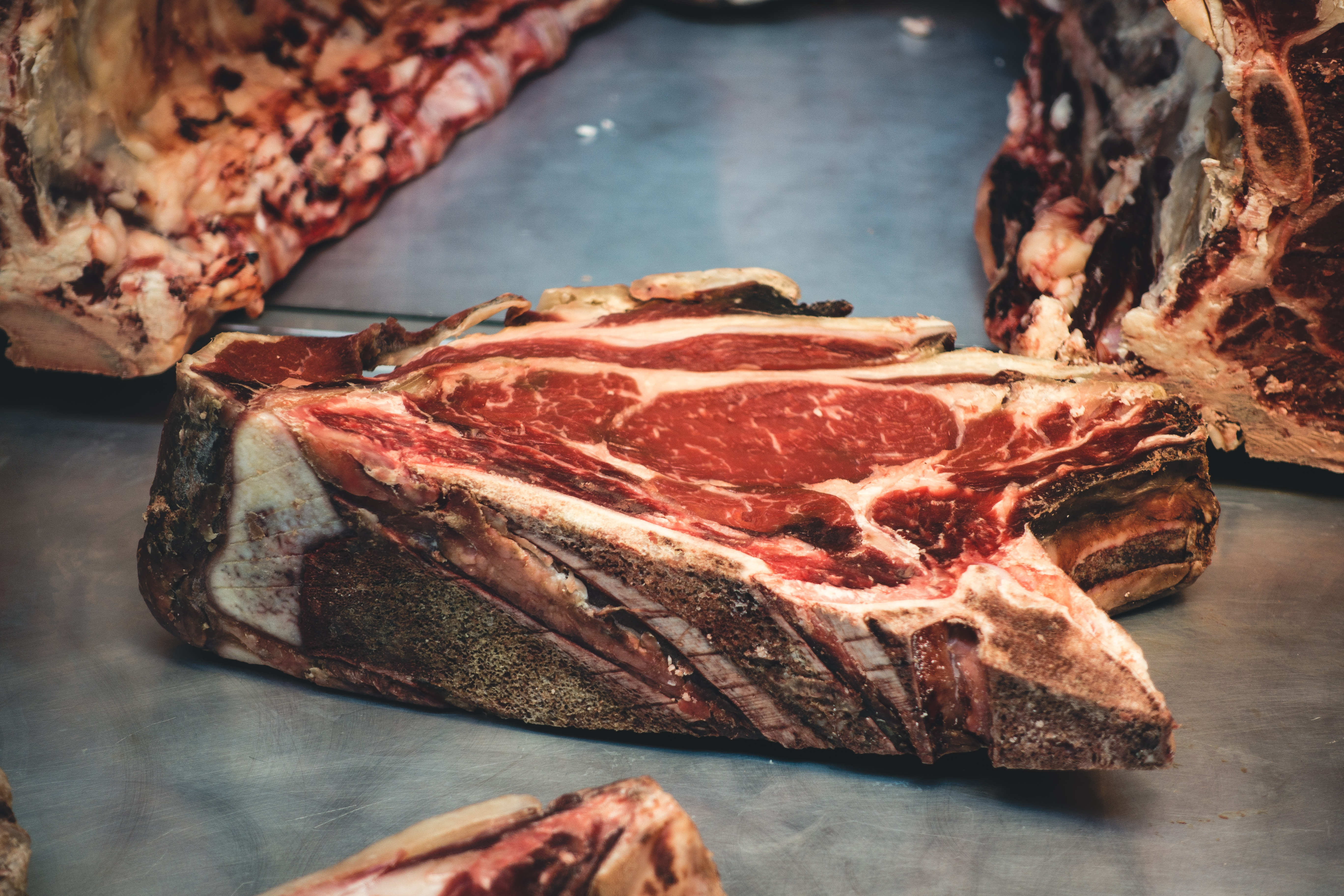
While a juicy steak might be delicious, eating too much red meat can disrupt gut health. Studies have shown that red meat promotes the production of trimethylamine-N-oxide (TMAO), a compound linked to inflammation and heart disease. Plus, overconsumption of red meat can reduce gut diversity, leading to digestive issues and increased colon cancer risk. If you’re a meat lover, balance things out by adding more fiber-rich veggies and fermented foods to your meals.
#5 Best: Dark Chocolate – Yes, Really!
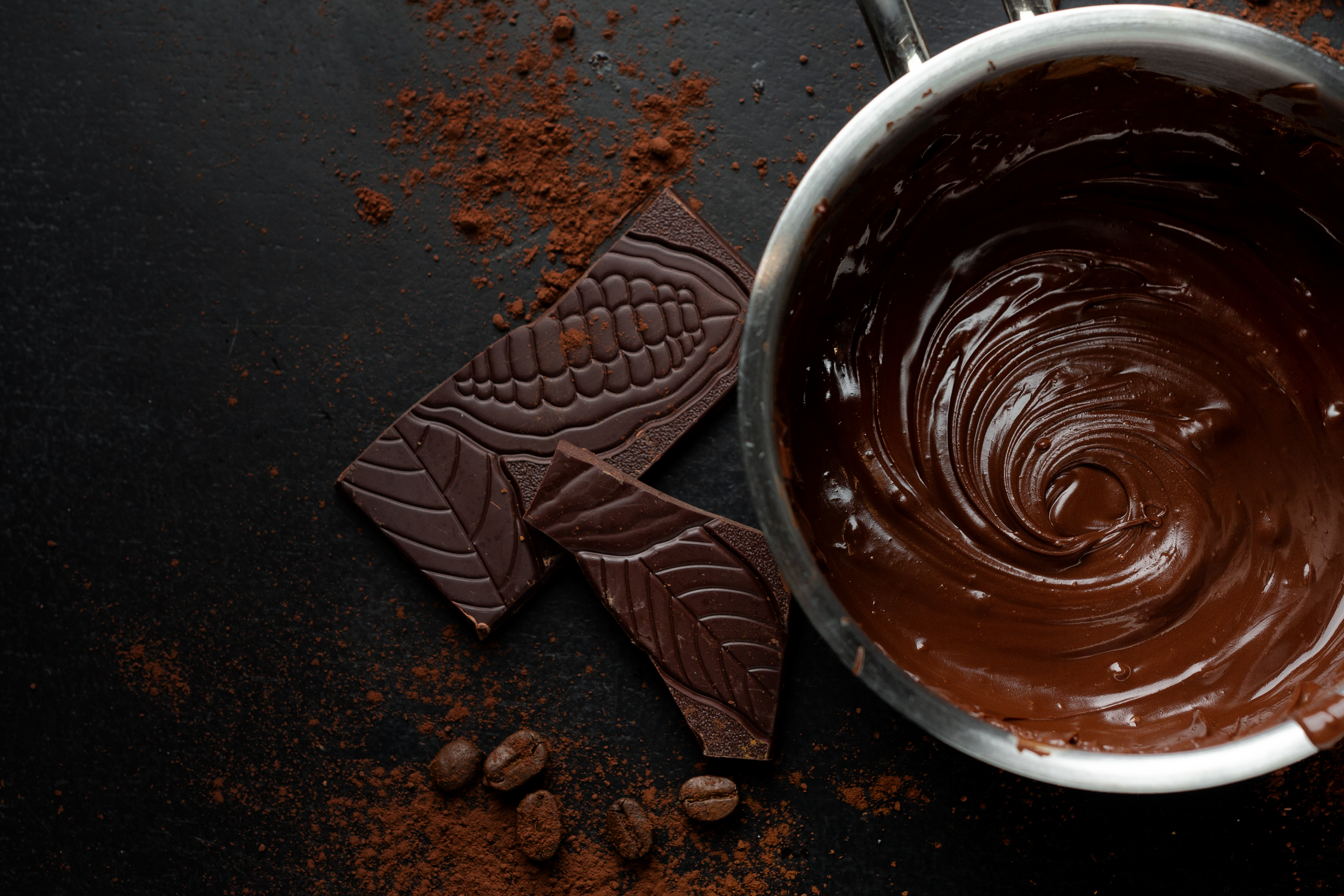
Great news: high-quality dark chocolate (70% cacao or higher) is packed with polyphenols, plant compounds that act as fuel for good gut bacteria. These polyphenols help reduce inflammation, improve digestion, and even support heart health. Unlike overly processed milk chocolate, dark chocolate contains prebiotics and antioxidants that promote a balanced microbiome. For the best benefits, opt for unsweetened cacao nibs or dark chocolate with minimal added sugar.
#6 Worst: Fried Foods – Gut-Disturbing Grease Bombs
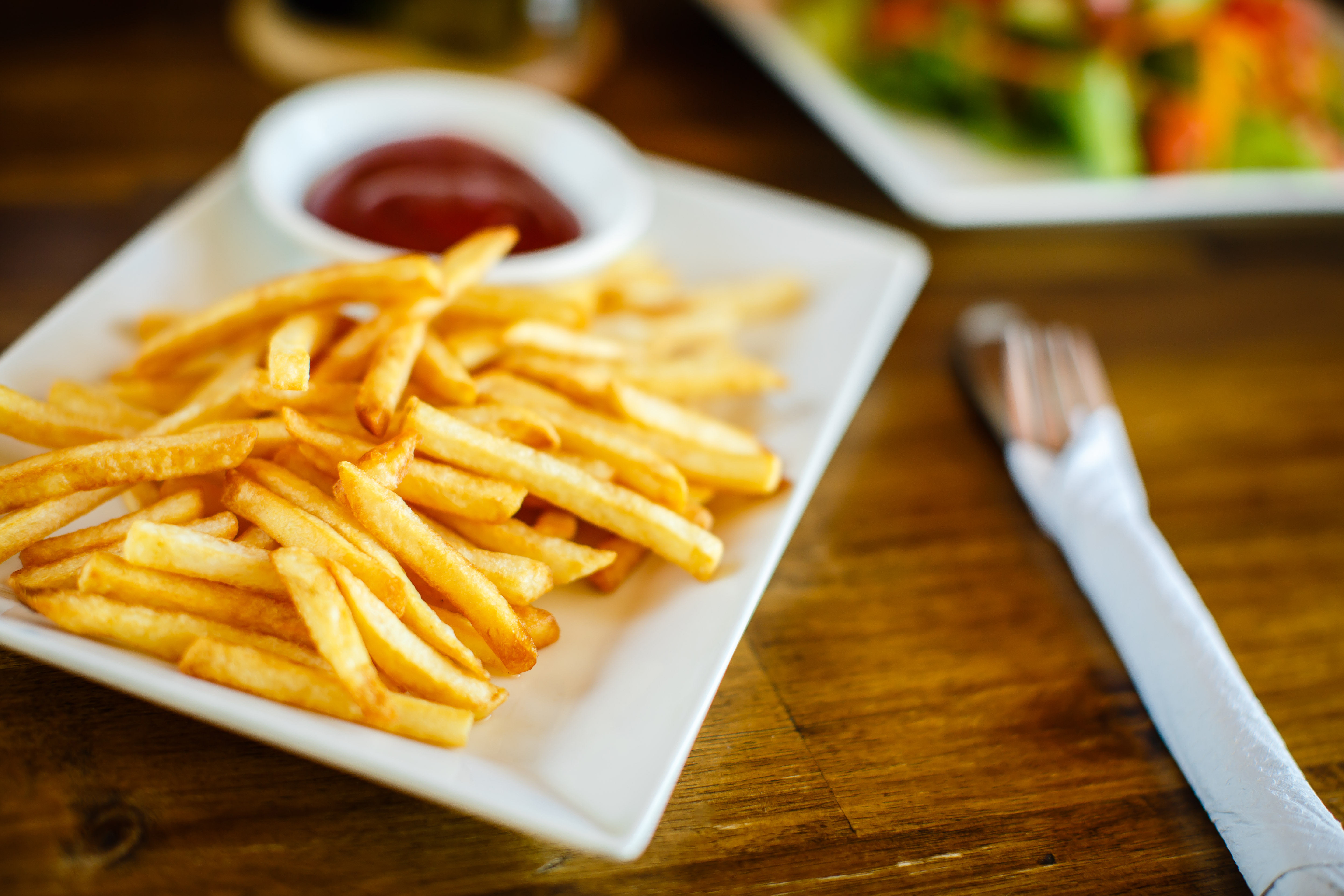
Deep-fried favorites like French fries, fried chicken, and onion rings are some of the worst offenders for gut health. They’re loaded with inflammatory oils and trans fats, which can kill off beneficial bacteria and promote leaky gut syndrome. They also slow digestion, leaving you feeling bloated and sluggish. If you’re craving something crispy, try baking or air-frying with gut-friendly oils like olive or avocado oil.
#7 Best: Lentils – A Gut’s Best Friend
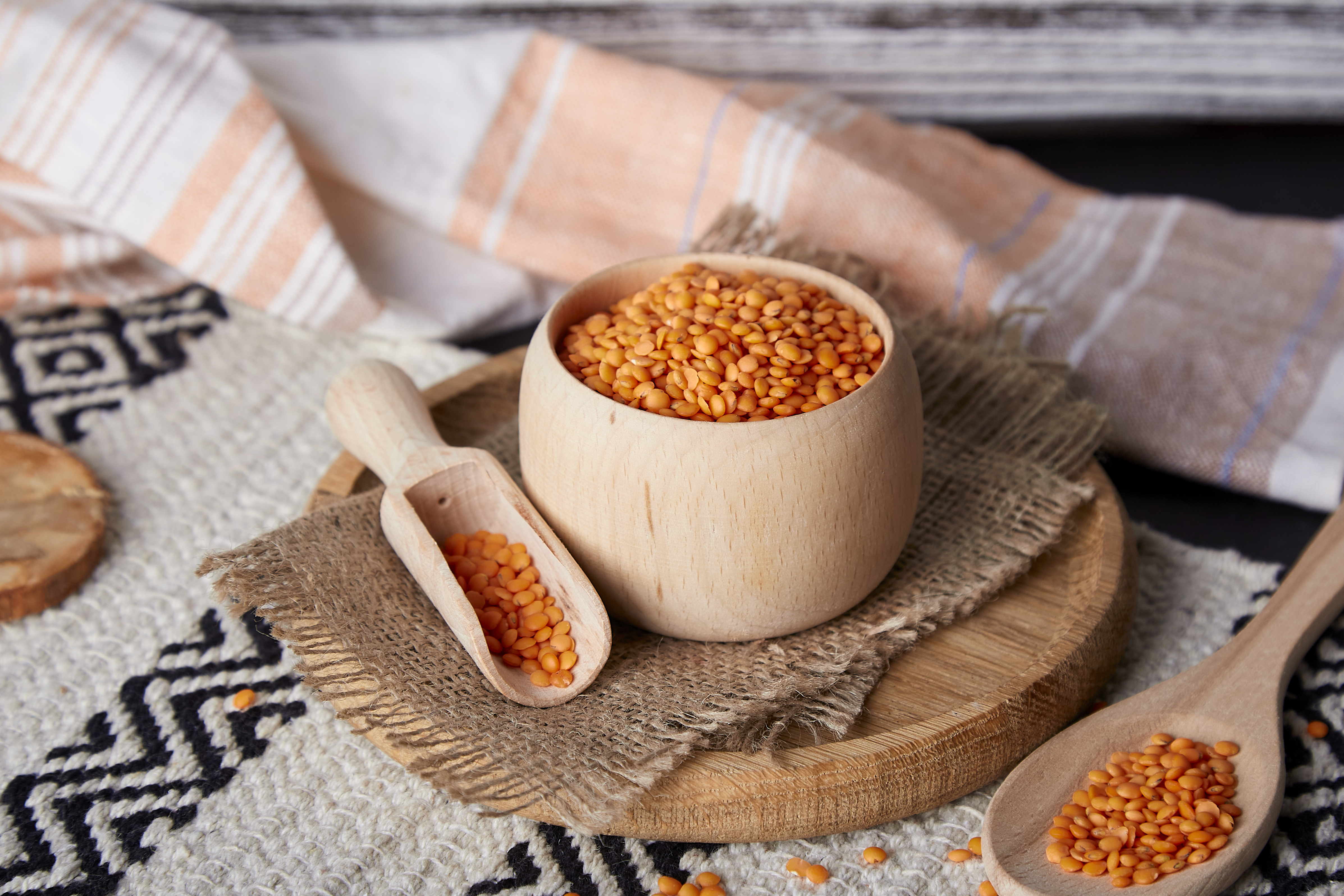
Lentils are fiber powerhouses that help keep digestion running smoothly. They’re packed with prebiotic fiber, which feeds your gut bacteria and supports regularity. Plus, they contain plant-based protein, iron, and B vitamins, which support overall health and energy levels. Add them to soups, salads, or curries for a gut-loving, nutrient-dense meal.
#8 Worst: Processed Dairy – Not So Cool for Your Gut
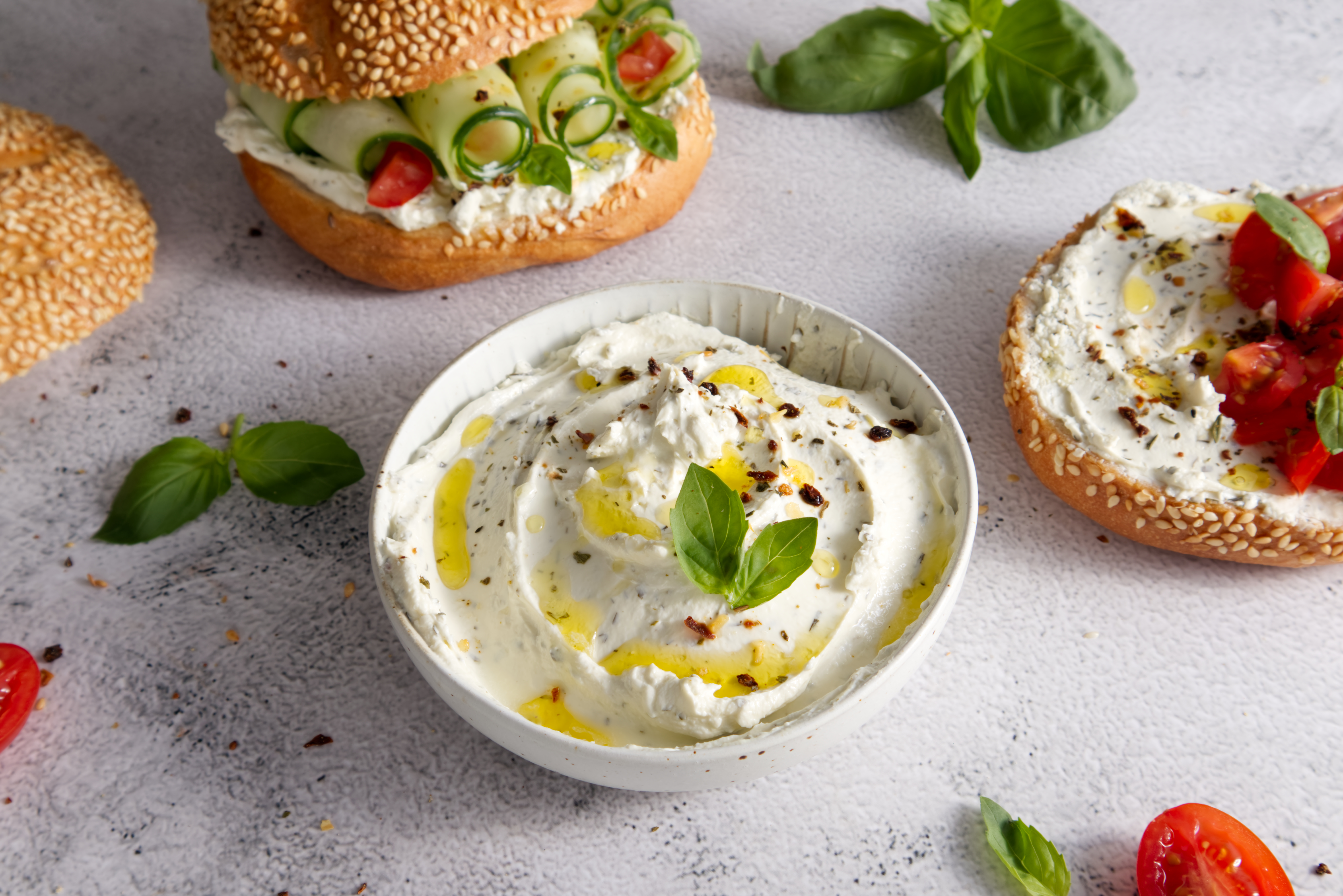
While some dairy (like yogurt and kefir) can be beneficial, highly processed dairy products (think flavored yogurts, cheese spreads, and ultra-pasteurized milk) often contain added sugars and artificial thickeners that disrupt gut health. Many people also struggle to digest lactose, leading to bloating, cramps, and gas. If you love dairy, go for fermented, full-fat, and organic options to support your gut.
#9 Best: Miso – A Savory Gut Savior

Miso, the Japanese fermented soybean paste, is a gut-health rockstar. It’s rich in probiotics and essential amino acids, helping balance gut bacteria and aid digestion. Used in soups, marinades, or as a seasoning, miso adds umami flavor while delivering gut-friendly benefits. Just make sure to add it after cooking to preserve the probiotics!
#10 Worst: Alcohol – A Gut-Wrecker in Disguise

Alcohol disrupts the delicate balance of gut bacteria by killing off beneficial microbes and allowing harmful bacteria to flourish. This imbalance can lead to increased gut permeability, also known as leaky gut syndrome, where toxins and undigested food particles pass through the gut lining and enter the bloodstream, triggering inflammation throughout the body. Additionally, alcohol interferes with digestion by reducing stomach acid production, which is essential for breaking down food and absorbing nutrients. It can also contribute to bloating, acid reflux, and irregular bowel movements. Chronic alcohol consumption is linked to gut disorders such as irritable bowel syndrome (IBS) and inflammatory bowel disease (IBD). If you drink, moderation is key. Red wine, in particular, contains polyphenols, which have been shown to support the growth of good gut bacteria. Stick to one glass on occasion and pair it with fiber-rich, gut-friendly foods to help minimize the damage.
#11 Best: Green Bananas – A Prebiotic Powerhouse
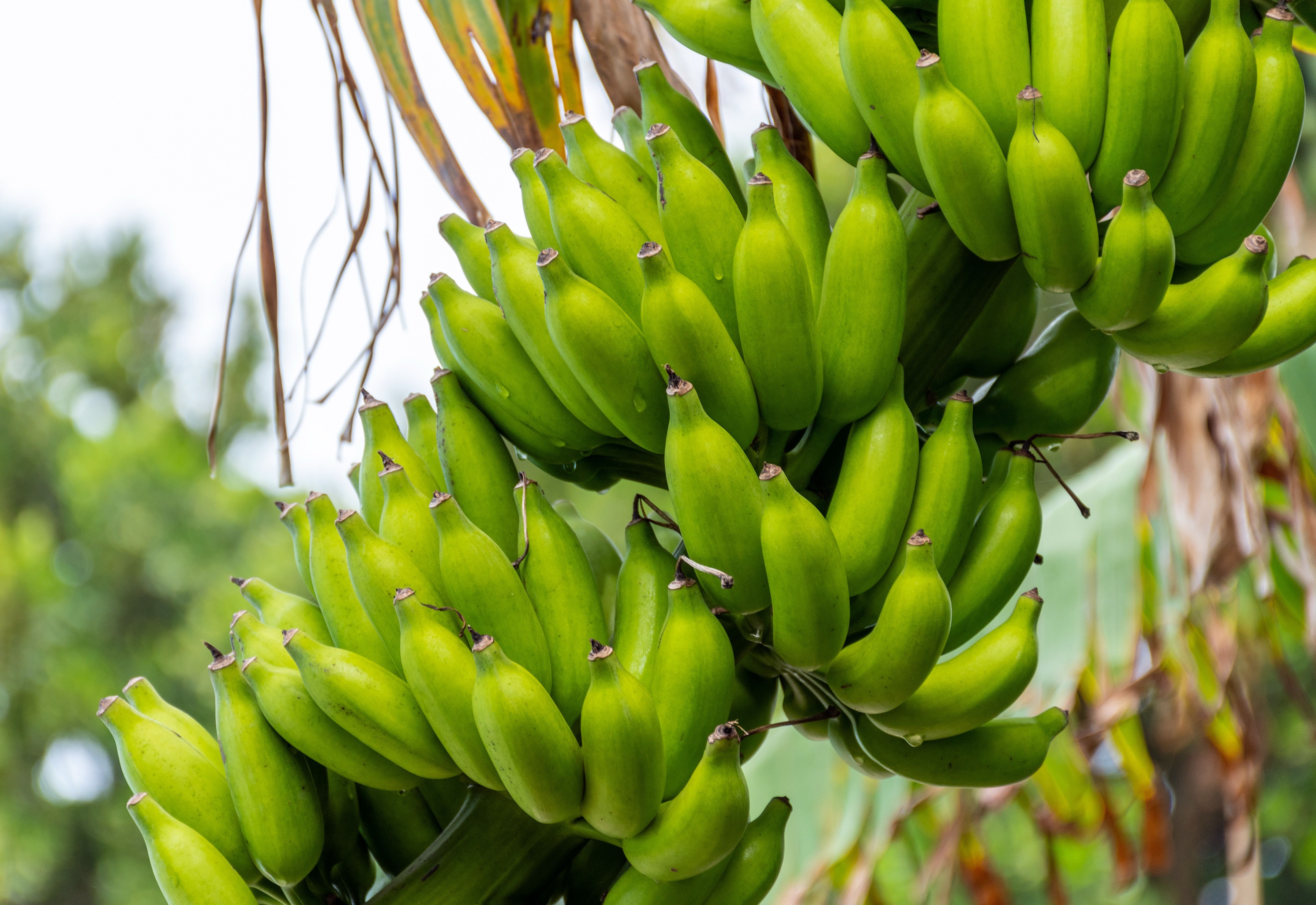
Green bananas may not be as sweet as their ripe counterparts, but what they lack in taste, they make up for in gut-nourishing benefits. Unlike ripe bananas, green bananas are packed with resistant starch, a type of prebiotic fiber that bypasses digestion in the small intestine and serves as fuel for the beneficial bacteria in your gut. This process encourages the production of short-chain fatty acids (SCFAs), which support gut health by reducing inflammation and strengthening the gut lining. Beyond gut health, green bananas also play a role in blood sugar regulation. The resistant starch slows down digestion, preventing blood sugar spikes and helping with insulin sensitivity. This makes them an excellent food for people looking to maintain stable energy levels and support metabolic health.
#12 Worst: Refined Grains – Gut Microbiome Killers
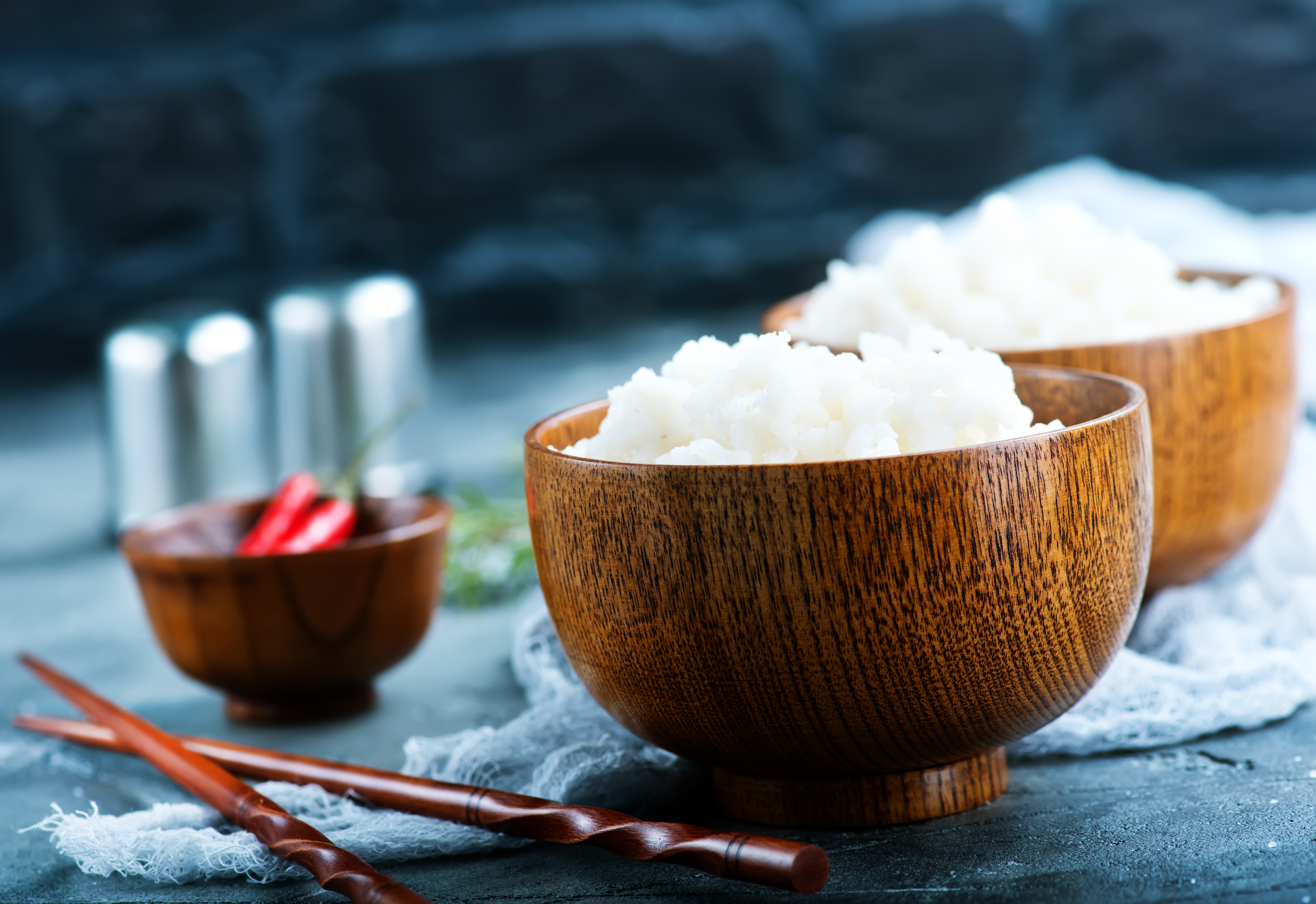
Refined grains, including white bread, white rice, and processed pasta, may be dietary staples, but they’re stripped of most of their fiber and nutrients during processing. This means they lack the fuel that gut bacteria need to thrive, leaving your microbiome undernourished and out of balance. Without adequate fiber, harmful bacteria can gain the upper hand, leading to inflammation, poor digestion, and an increased risk of conditions like obesity and type 2 diabetes. The good news? Whole grains like quinoa, brown rice, farro, barley, and even sourdough bread offer gut-friendly fiber and nutrients that support a diverse and healthy microbiome. These grains feed beneficial gut bacteria, helping to maintain digestion and promote overall health. Next time you're tempted to reach for white bread, opt for whole grains instead—your gut will thank you!
#13 Best: Seaweed – The Gut’s Ocean Superfood
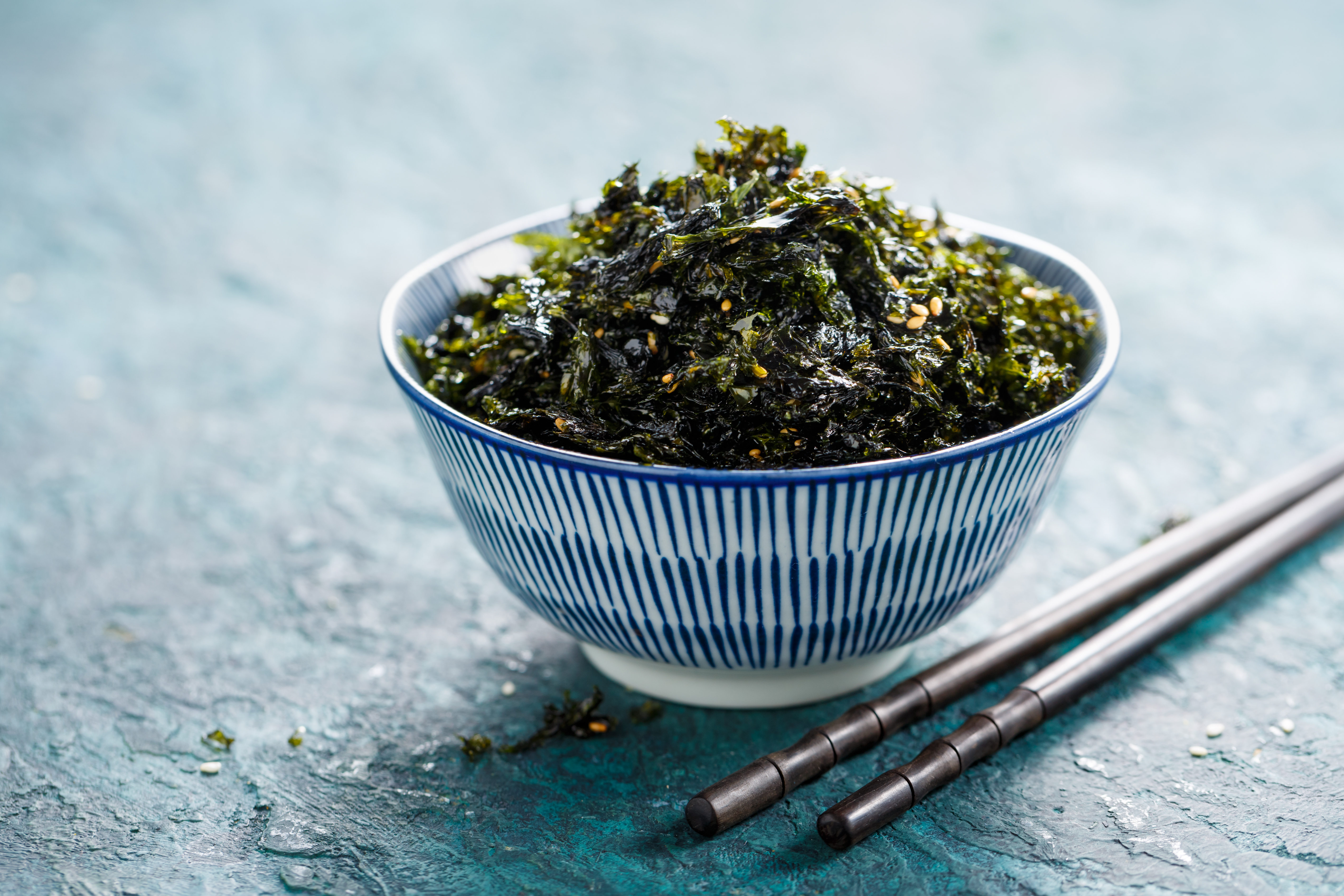
Seaweed is one of the most underrated gut-friendly foods, yet it is packed with prebiotic fiber, polyphenols, and essential minerals that support digestive health. Unlike many land-based vegetables, seaweed contains unique sulfated polysaccharides, a type of fiber that feeds beneficial bacteria in the gut and enhances microbial diversity. This makes it particularly powerful for promoting a balanced and thriving microbiome. In addition to fiber, seaweed is rich in iodine, a crucial nutrient for thyroid function, which indirectly influences digestion and metabolism. It also contains antioxidants that help reduce inflammation and support immune health, both of which are essential for a strong gut barrier.
#14 Worst: Canned Soups and Processed Broths – Sneaky Gut Offenders
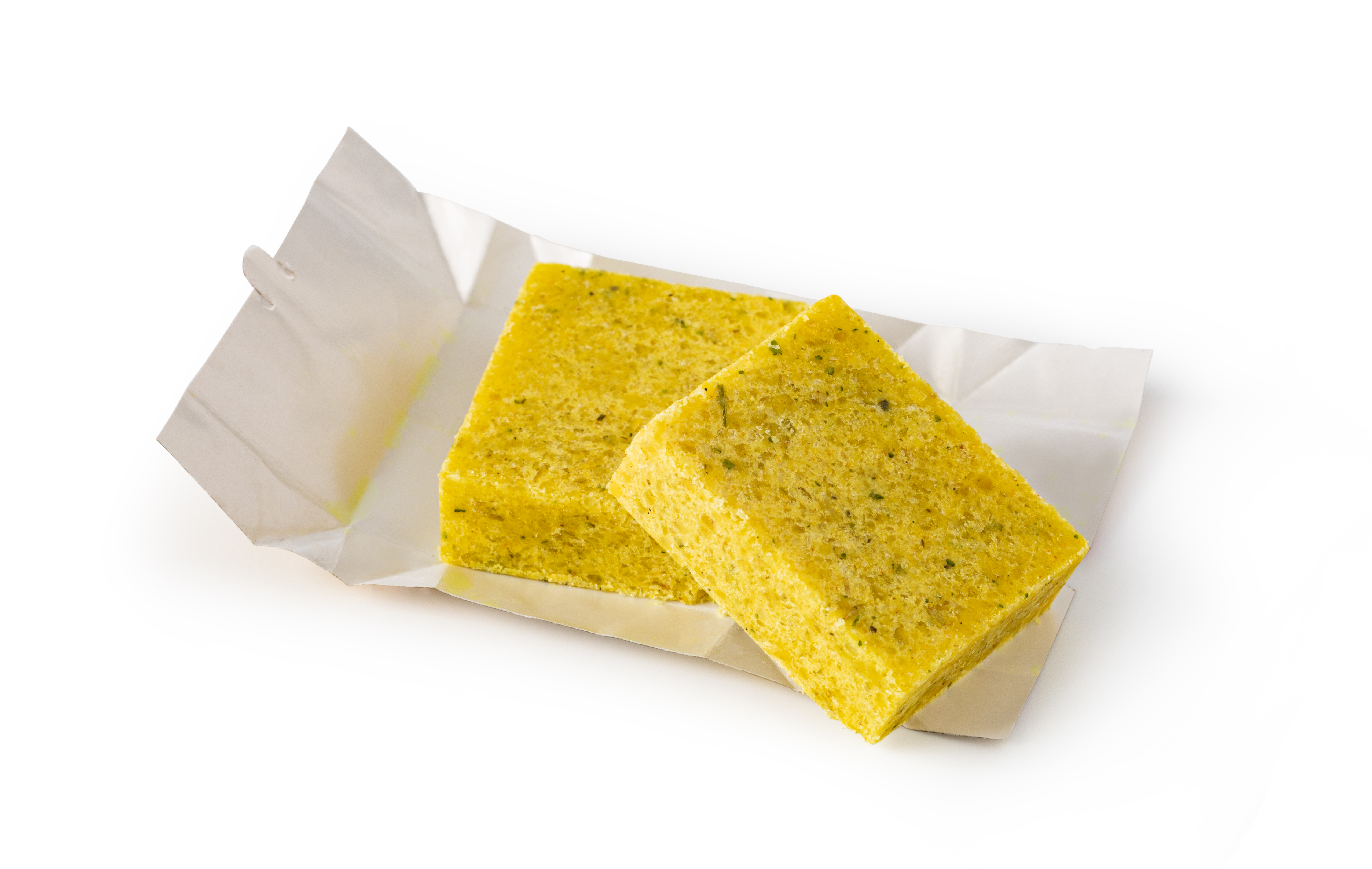
They may seem like a comforting, easy meal, but many canned soups and processed broths contain high amounts of sodium, preservatives, and MSG (monosodium glutamate), all of which can disrupt gut health. The excessive sodium can dehydrate the gut lining, while artificial additives may contribute to inflammation and digestive distress. Some brands even contain hidden trans fats or thickening agents that can alter gut bacteria balance. Instead, make your own bone broth or opt for organic, low-sodium, and additive-free options to keep your gut in check.
#15 Best: Extra Virgin Olive Oil – Liquid Gold for Your Gut
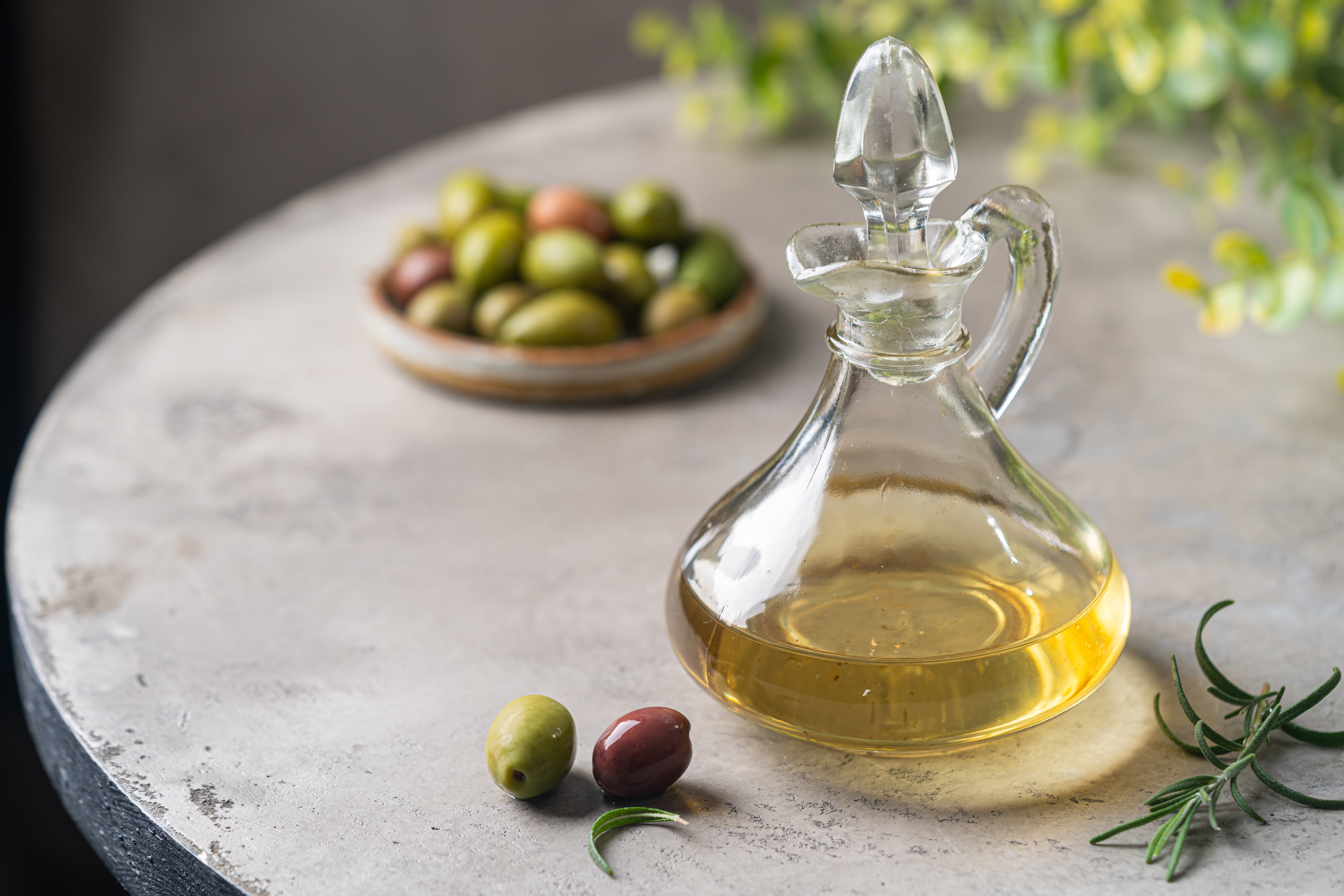
Extra virgin olive oil (EVOO) is one of the best fats you can consume for gut health. Rich in polyphenols and anti-inflammatory compounds, EVOO helps feed beneficial gut bacteria while reducing inflammation in the gut lining. It also supports digestion by stimulating bile production and encouraging a healthy microbiome. Drizzle it over salads, use it for cooking, or even take a spoonful daily to boost gut health and overall well-being.
Gut Health: The Foundation of Well-Being
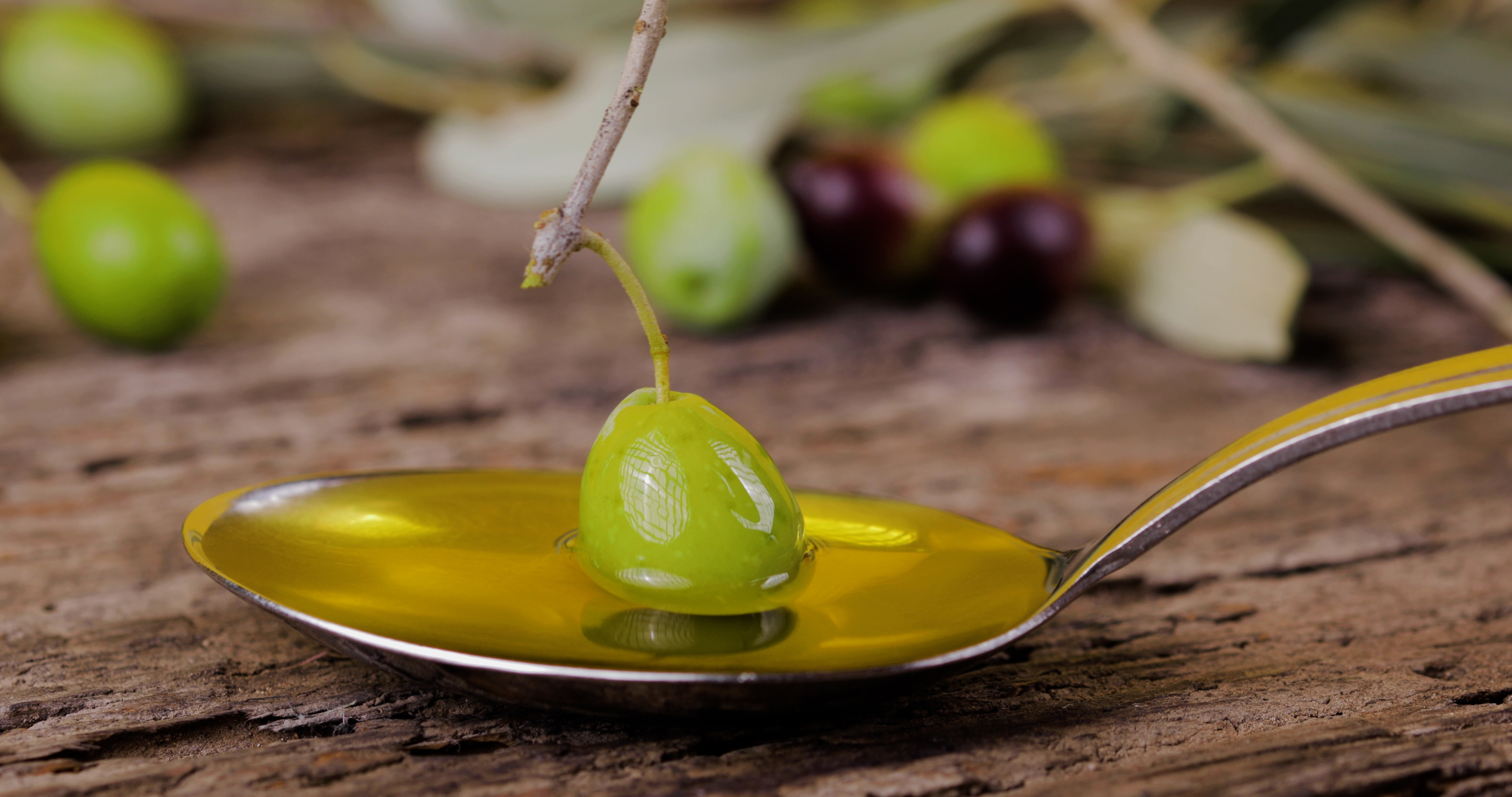
Your gut is the control center of your health, influencing digestion, immunity, and even mood. By fueling your microbiome with gut-friendly foods like fermented foods, fiber-rich plants, and healthy fats, you create an environment where good bacteria thrive. On the flip side, overloading on processed, fried, and sugary foods can disrupt this balance and lead to long-term health issues. The good news? Small changes make a big difference! Whether it’s swapping soda for kombucha, choosing whole grains over refined ones, or adding more plant-based foods to your plate, your gut will thank you. Treat it well, and it’ll reward you with better digestion, stronger immunity, and more energy—because when your gut is happy, you are too.